Regulations on real estate transactions through trading floors do not unreasonably increase costs for investors or increase selling prices, according to Minister of Construction Nguyen Thanh Nghi.
In this amendment, the Government proposes to re-apply the condition that future real estate must be sold through a trading floor. Specifically, according to Article 57, two types of transactions must be through the trading floor, including investors selling or leasing houses or future constructions and transferring, leasing or subleasing land with technical infrastructure. Other transactions are encouraged to go through the trading floor.
Minister of Construction Nguyen Thanh Nghi explained at the discussion session on the afternoon of June 23, stating many reasons for the need to regulate real estate trading through the floor. In addition to institutionalizing the Party's policies in Resolution 18, Mr. Nghi said that this requirement will help the State have tools to manage information about the real estate market.
"The regulation on trading through the floor does not unreasonably increase costs for investors or increase selling prices," said Mr. Nghi.
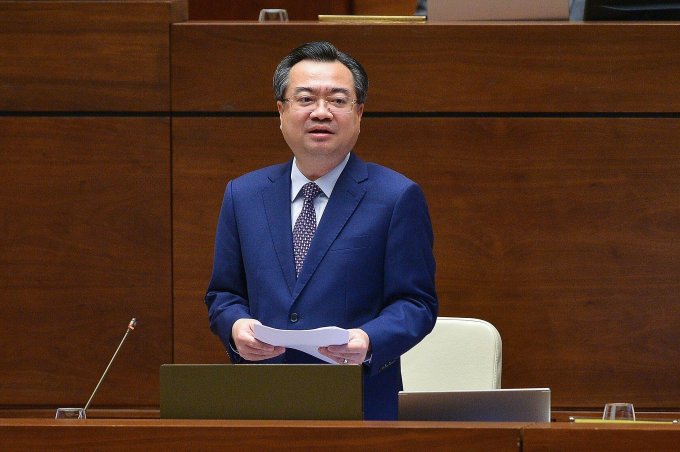
Minister of Construction Nguyen Thanh Nghi. Photo: National Assembly Media
Currently, the management and sales costs of investors are usually determined at around 8-10% of the selling price (including personnel costs, advertising, communication, commissions for successful sellers). This cost has also been included in the selling price by investors. Therefore, investors can spend money (using their own apparatus and resources) to organize sales themselves or establish a floor or hire a real estate floor to do so.
In addition, the Minister of Construction also affirmed that real estate transactions formed in the future have many characteristics, such as unformed assets, complicated legal aspects of real estate projects, and conditions for putting into business must be controlled according to the actual implementation of the project, while these transactions are not conducted through notarization. Therefore, it is necessary to put transactions through the floor to be public and transparent, helping to prevent fraudulent acts.
However, Mr. Nghi said that the drafting agency will report to the Government to continue to carefully study comments on this content, ensuring the completion of regulations on real estate trading floors appropriately.
In a previous discussion, Mr. Hoang Van Cuong, Vice President of the National Economics University, also supported real estate transactions through the floor and suggested that the draft should have more specific and strict regulations on this content.
He explained that trading through the floor minimizes legal risks and helps advise real estate sellers and buyers. According to him, a complete real estate market must always have three parties: buyers, sellers and brokers. In developed countries, brokerage is a professional profession with strict regulations and great responsibility. Brokers are responsible for checking, ensuring legality and must be responsible if there are risks. The trading floor is only allowed to receive brokerage fees, not any difference in buying and selling fees and is not allowed to participate in the transaction process.
"The law should aim to build a professional real estate trading floor capable of assisting buyers and sellers, an extension of the State to grasp market information. This will avoid the recent chaos and fraud," the Vice President of the National Economics University suggested.
However, in a previous review, the Economic Committee suggested that trading through the floor should not be mandatory, but should only be encouraged. "It is necessary to respect the right of businesses and people to choose to participate in transactions through the real estate trading floor. It should not be mandatory, but only encourage organizations and individuals to trade real estate through the floor," the Economic Committee stated its opinion.
National Assembly deputies also worry that forcing transactions through exchanges violates freedom and the principle of equality in business.
Mr. Cam Ha Chung, Head of the Ethnic Minorities Committee of Phu Tho province, commented that the regulation requiring businesses and people to transact real estate through a trading floor - an intermediary unit - is a sign of hindering the right to freedom of business according to Article 33 of the 2013 Constitution. This regulation also conflicts with the right to business autonomy and freedom to seek markets and customers according to the Enterprise Law.
"A real estate trading floor is a normal enterprise, not a state management agency, a public service provider authorized by the state, so forcing parties to use the floor's services will create inequality and violate the principle of equality in business," said Mr. Chung.
In fact, the regulation that real estate transactions must go through the floor was stated in the 2006 Law on Real Estate Business, but was later removed when the law was amended in 2014 and has been applied until now.
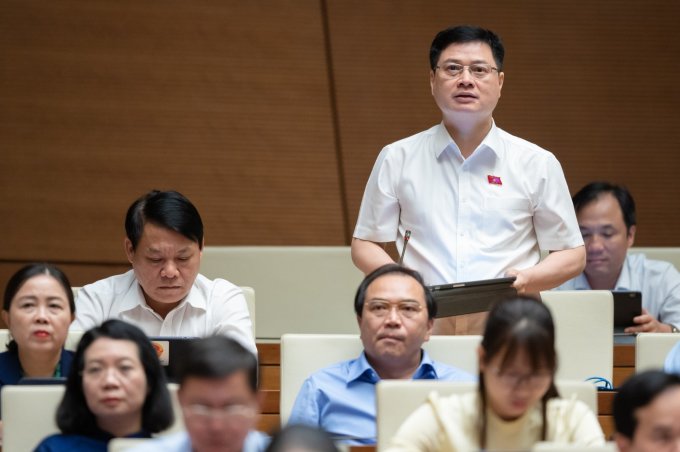
Mr. Cam Ha Chung, Head of the Ethnic Minorities Committee of Phu Tho province. Photo: National Assembly Media
Mr. Pham Van Hoa (Dong Thap) commented that forcing real estate transactions through the floor is unreasonable. Instead, he said that the parties should agree on their own as per the current law, in order to limit the situation of taking advantage of the law to monopolize and collude to evade taxes, making the real estate market more risky and increasing costs.
"Trading through exchanges should only be encouraged, not required, and exchanges must be legally responsible for providing insufficient or incorrect information to customers," he stated.
Meanwhile, Mr. Pham Van Thinh, Head of the People's Mobilization Committee of Bac Giang province, proposed not requiring transactions through the floor in cases where investors have been granted land use right certificates for each plot of land according to the planning.
He explained that in reality, with projects of dividing and selling land, most investors have completed the infrastructure according to the plan and fulfilled their financial obligations, and are granted certificates by state agencies for each lot and land. "The transfer of these types of real estate takes place normally, without the need to go through the floor as in future housing transactions," he said.
Mr. Cam Ha Chung added that real estate trading floors - intermediary brokers selling products to investors, operate to make a profit, so they will find every way to sell as much as possible to investors. Therefore, trading floors will not guarantee the rights of buyers, especially products with incomplete legal documents but high discounts. Not to mention, investors can set up many floors, create virtual transactions, and push up the selling price.
"It is not required that any real estate transaction must go through the floor. And transactions with at least one individual party participating must be notarized," Mr. Chung suggested.
The National Assembly is expected to consider and approve the draft Law on Real Estate Business (amended) at the 6th session, at the end of 2023.
Hoai Thu - Son Ha
Source link










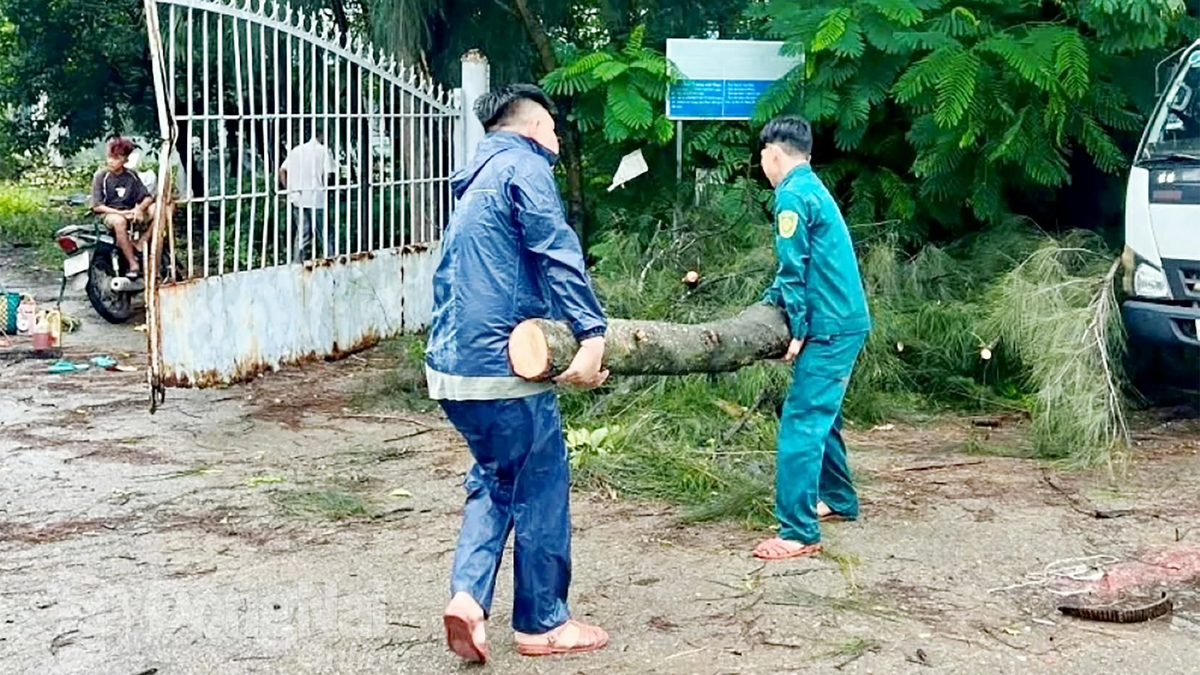



















![[Photo] National Assembly Chairman Tran Thanh Man visits Vietnamese Heroic Mother Ta Thi Tran](https://vphoto.vietnam.vn/thumb/1200x675/vietnam/resource/IMAGE/2025/7/20/765c0bd057dd44ad83ab89fe0255b783)

























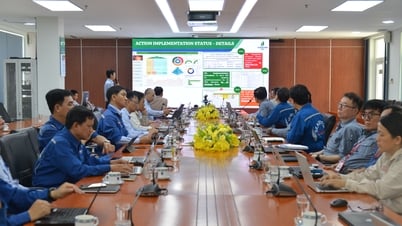

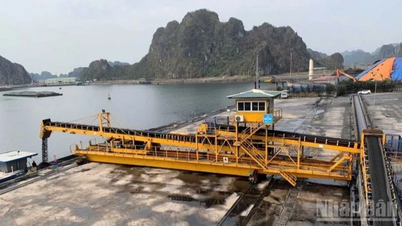





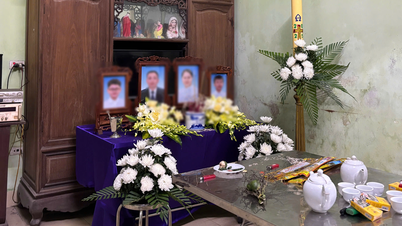




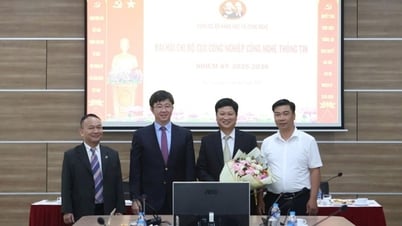





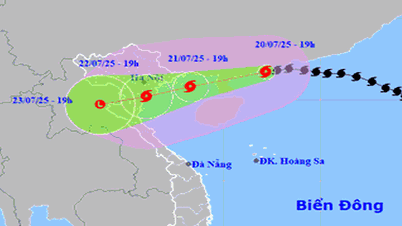
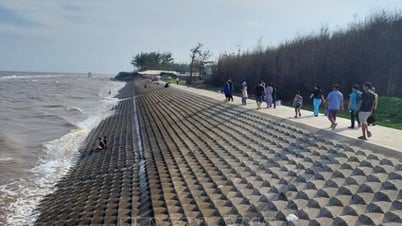



















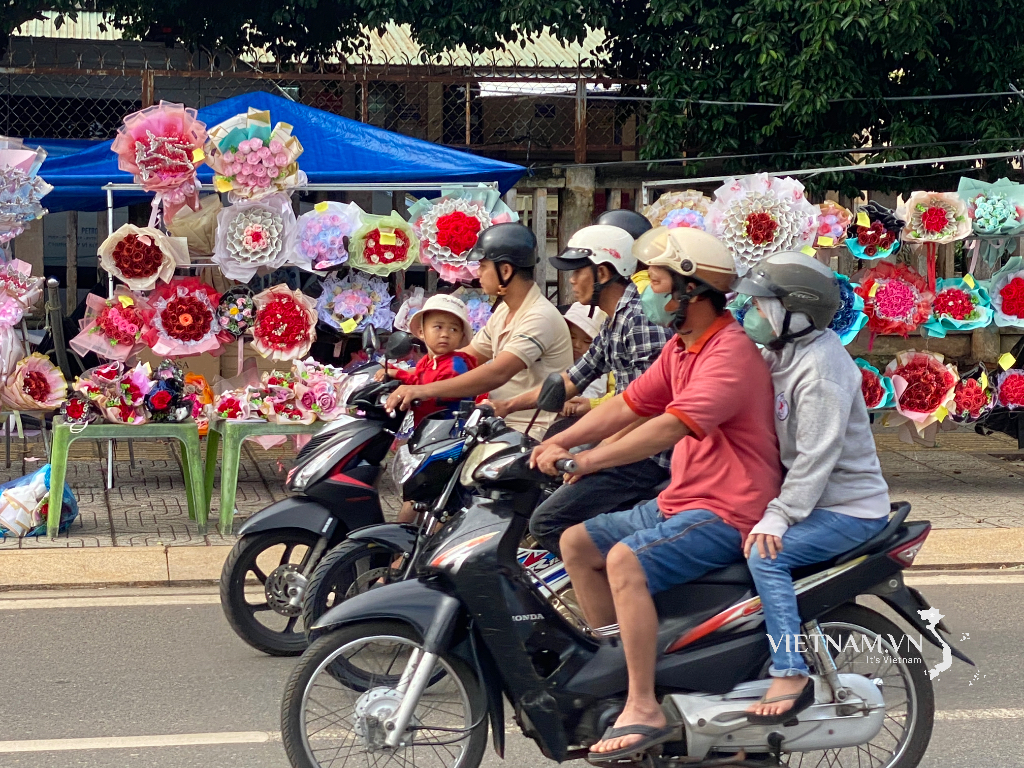



Comment (0)